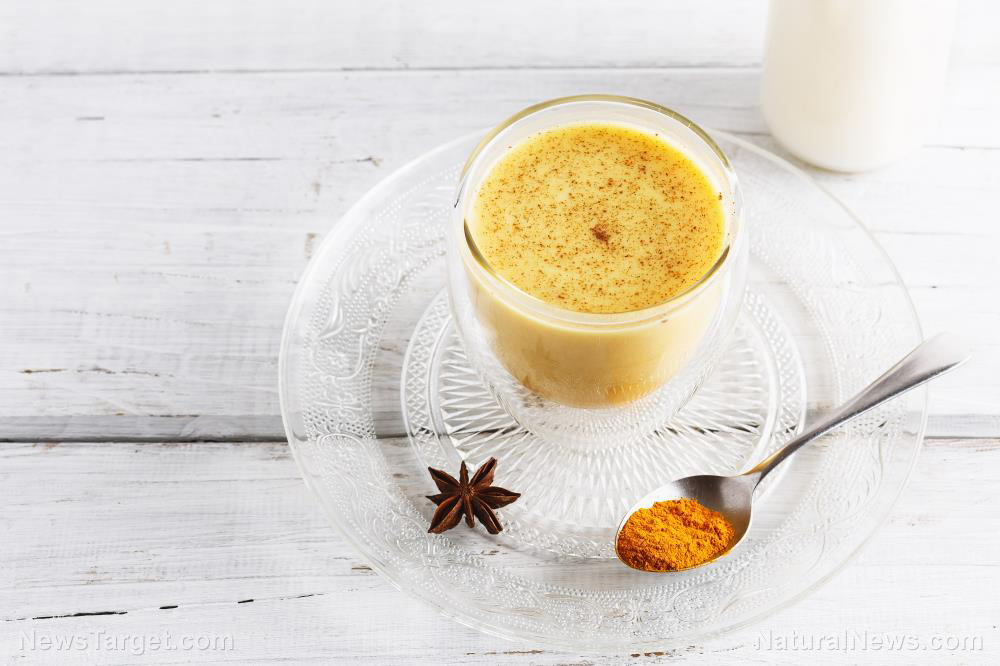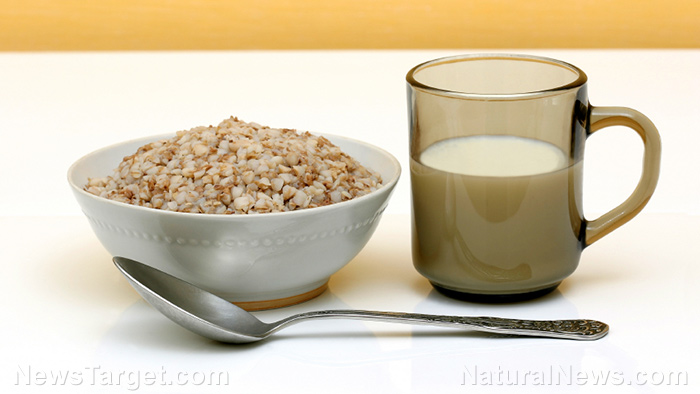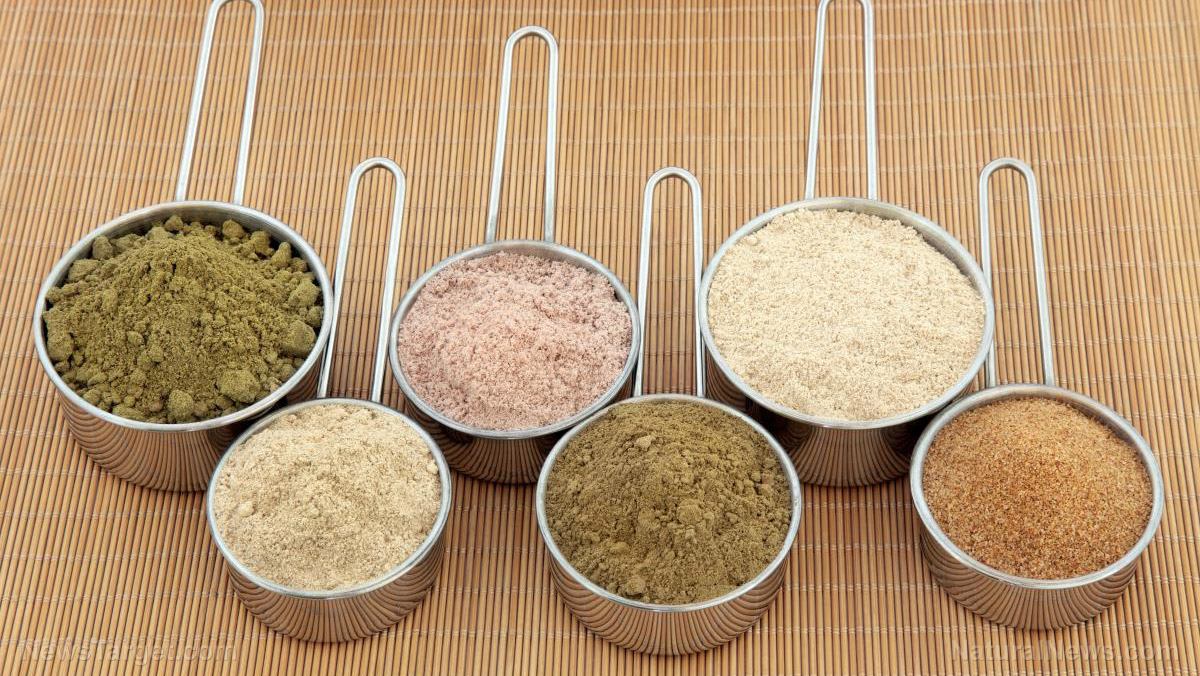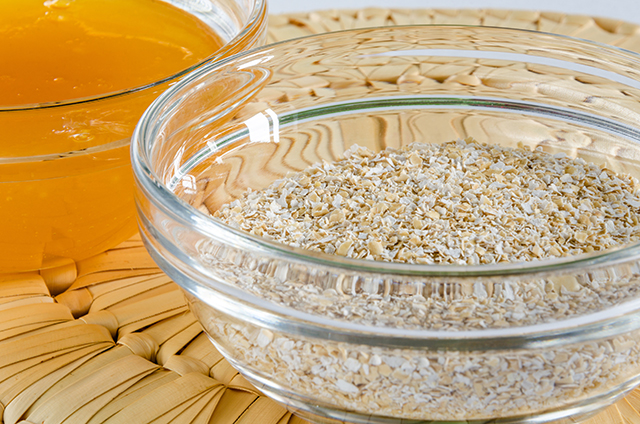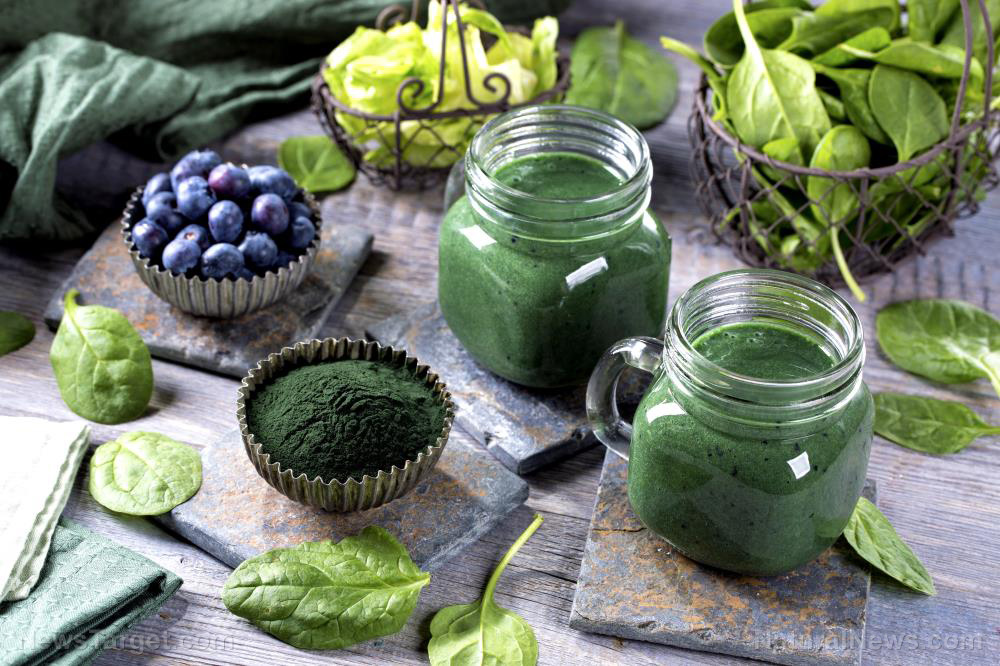Next time you eat an avocado, don’t throw out the pit: It’s great for treating inflammation
10/09/2019 / By Evangelyn Rodriguez
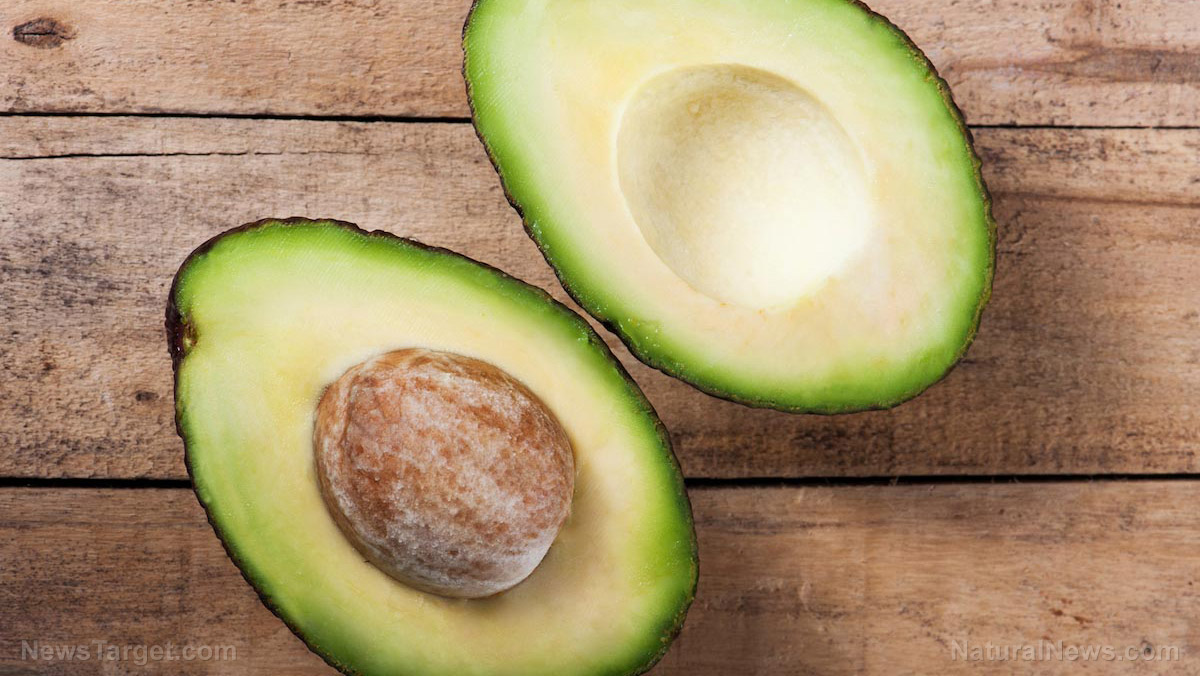
The avocado is considered one of the healthiest fruits on the planet. This superfruit is packed with nutrients and healthy fats that promote heart health. Hence, it’s no surprise that it has found its way to the top of the list of the most consumed fruits, together with apple and berries. But while the fruit is appreciated mainly for its delicious and nutritious flesh, researchers have found a health-related benefit of its inedible and often discarded pit. In a recent study, researchers from The Pennsylvania State University found that an extract obtained from avocado seed has anti-inflammatory properties. Besides being a useful food colorant, the extract also exhibited the ability to inhibit inflammation in cultured cells exposed to bacterial endotoxin. This suggests that the part of the avocado fruit commonly considered waste is actually an excellent source of plant compounds that can be used as functional food ingredients.
Don’t be too hasty in throwing away that pit
For the past decade, Penn State researchers have been studying the potential of using avocado pits as food additives. They found that when crushed, avocado seeds produce a stable orange color that can be used as a food colorant. Previous studies, on the other hand, have reported that avocado pits are rich in phytochemicals with beneficial properties, including antioxidant, bactericidal, and fungicidal activities. In fact, the use of avocado pits for medicinal purposes dates back to the time of the Aztecs and Mayans.
According to historical records, decoctions made from avocado pits can be used to treat parasitic infections, gastrointestinal issues, diabetes, and inflammation. To explore the seeds’ medicinal potential, particularly their anti-inflammatory properties, the researchers tested avocado seed extract on lipopolysaccharide (LPS)-stimulated immune cells. LPS are large molecules found in the outer membrane of bacteria. The researchers used these molecules to stimulate the cells and induce inflammation.
The researchers found that, in the presence of the avocado seed extract, the cells produced fewer pro-inflammatory mediators, suggesting a potent anti-inflammatory effect. The avocado seed extract also inhibited the activity of a crucial enzyme called phospholipase A2, which is involved in the production of pro-inflammatory mediators and the development of inflammatory conditions. According to Joshua Lambert, one of the authors of the study, their discovery provides evidence of the presence of bioactive compounds in avocado seeds. Their study also lays the groundwork for further research on avocado seeds, which are widely considered as industrial waste.
“We saw inhibitory activity at concentrations in the low microgram-per-milliliter range, which is an acceptable amount of activity to justify further studies,” he said.
Lambert further added: “The next step, before we can draw further conclusions about the anti-inflammatory activity of this avocado seed extract, will be to design animal model studies. For example, we can look at a mouse model of ulcerative colitis where we formulate the avocado seed extract into the mice diet and look at whether it is able to reduce inflammation.” (Related: Avocado nutrition facts – six things about this amazingly healthy superfood.)
Lambert and his team believe that their discovery is important because it presents a possible solution to chronic inflammation. Chronic inflammation is a serious health problem and is associated with the development of life-threatening diseases, such as cardiovascular disease, diabetes, and cancer. The implications of their study could also reduce the number of avocado seeds dumped in landfills, which will benefit the environment and return value to avocado growers.
The results of their study were published in the journal Advances In Food Technology and Nutritional Sciences.
Avocados offer numerous health benefits. Learn more about this superfood at Fruits.news.
Sources include:
Tagged Under:
RECENT NEWS & ARTICLES
COPYRIGHT © 2017 SUPERFOODS NEWS


